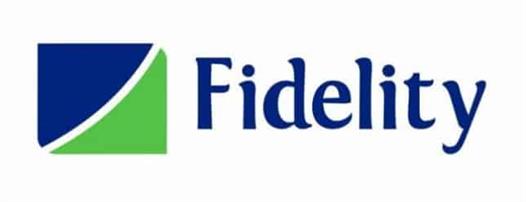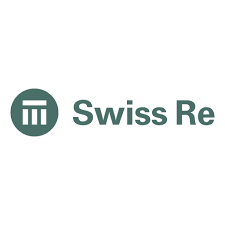SEC Nigeria, FSD Africa begin Master Plan Review
By admin
The Securities and Exchange Commission, Nigeria (SEC Nigeria) and Financial Sector Deepening (FSD) Africa have announced the start of a joint review of Nigeria’s 10-year Capital Markets Master Plan (CMMP) to support the country’s economic resilience amid new economic challenges including lower oil prices and the COVID-19 pandemic.
The review of the CMMP will see SEC Nigeria work with FSD Africa’s Regulator Support Programme to develop a revised 10-year CMMP that will strengthen Nigeria’s capital markets’ and their capacity for capital mobilization. The CMMP provides a vision for Nigeria’s capital market, as well as a roadmap with objectives to meet it.
The process will involve an assessment of progress made since the plan’s implementation to date and engaging with stakeholders for input. This will result in the introduction of more stringent tools to measure the plans progress against objectives, and the inclusion of new challenges, opportunities and risks related to the current environment into the plan.
The review of the CMMP comes in response to changes in the economic and market circumstances upon which the plan was originally based on when launched in 2015, that needed updating to match the current environment. These include the effects of lower oil prices on Nigeria’s economy as well as a slowdown in economic activity due to the COVID-19 pandemic. The introduction of new initiatives and products will help to improve the liquidity and depth of Nigeria’s capital markets.
FSD Africa’s support comes as part of its ongoing multi-country programme to strengthen Africa’s capital markets. The programme is centred on the development of capital markets master plans, conducting institutional capacity assessments, and creating capacity for sustainable finance such as green bonds, helping markets to adapt to their operating climate.
The Director Capital Markets at FSD Africa,Mr Evans Osano said, “This review will give market stakeholders in Nigeria a unique opportunity to not only take stock of the plan’s results so far, but also to grow and respond to previously unforeseen economic developments. As FSD Africa works to support and regulate financial markets in Sub-Saharan Africa, we are excited to be partnering with SEC Nigeria to enable them to strengthen the country’s capital markets during a time of immense upheaval.”
The Director General of the Securities and Exchange Commission Nigeria, Lamido Yuguda stated, “The implementation of the Capital Market Master Plan will deepen our market and improve the capital market’s contribution to our economic growth and national development. To this end, the review of the Capital Market Master Plan better positions the SEC to deliver on these objectives in these very challenging times. The FSD Africa and SEC Nigeria’s laudable partnership underscores our mutual goals to build financial markets that are robust, efficient and above all inclusive”





